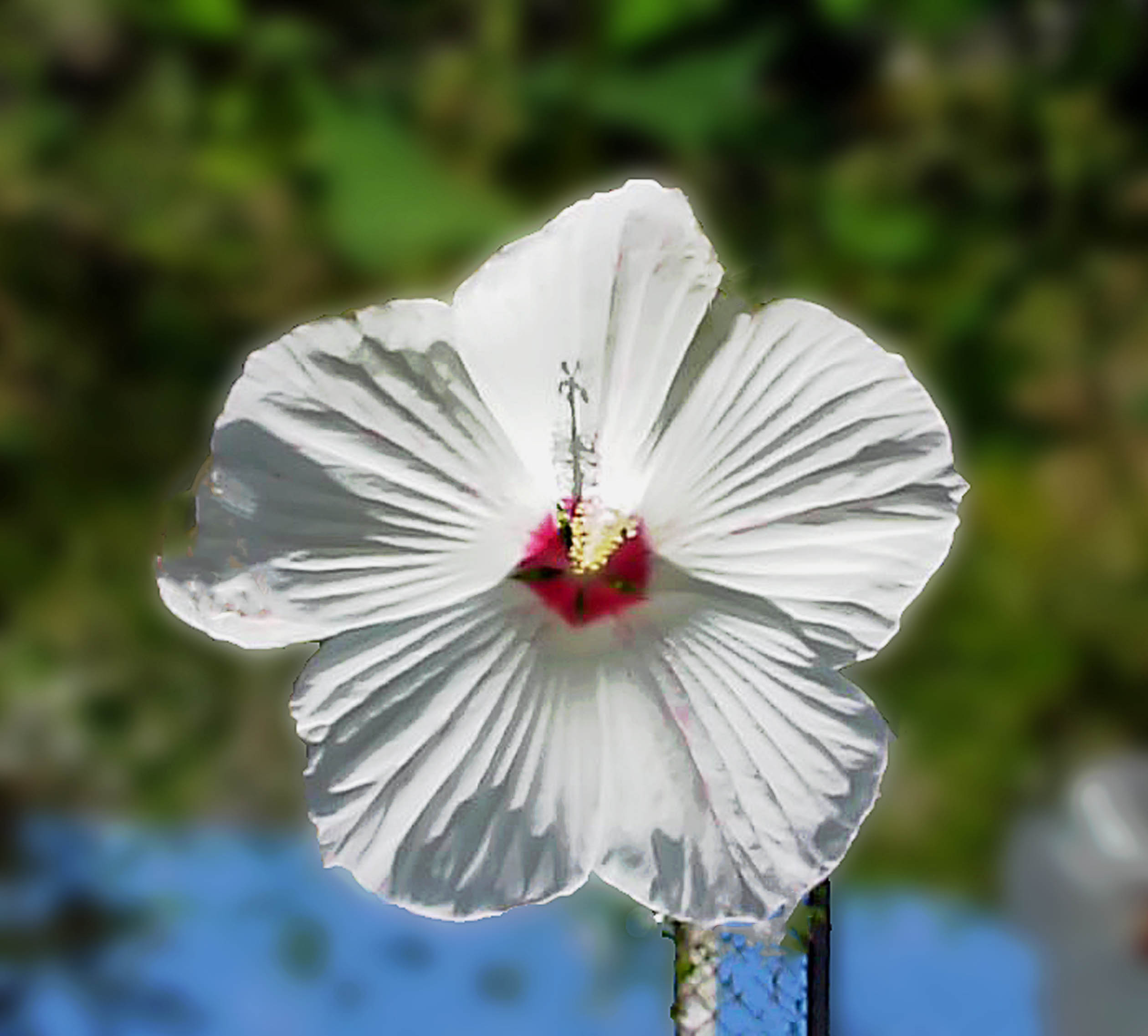Backpacking can be an enjoyable activity, but constipation is a common side effect for those who spend extended periods of time on the trail. Fortunately, there are steps that you can take to help prevent constipation when backpacking.
Stay Hydrated. Water is essential for a healthy digestive system and drinking plenty of water will help to keep your bowels moving. Make sure you drink at least two liters of water each day while backpacking, more if it is hot out or if you are engaging in strenuous activities.
Eat Fiber-Rich Foods. Fiber helps to keep your digestive system functioning properly and can help to prevent constipation.
Choose high-fiber foods such as whole grains, beans, fruits, and vegetables while on the trail. Additionally, try adding some fiber supplements such as psyllium husk powder or ground flaxseed to your meals if needed.
Avoid Processed Foods & Sugary Drinks. Processed foods are generally low in fiber and can slow down digestion.
Avoid these types of foods as much as possible on the trail and opt for natural alternatives instead. Similarly, sugary drinks like soda are best avoided since they can cause dehydration which may lead to constipation.
Be Active. Physical activity helps to stimulate digestion and keep your digestive system running smoothly. Aim for at least 30 minutes of activity each day while backpacking; this could include hiking, swimming or even doing some simple stretching exercises in camp each evening.
Listen To Your Body. Everyone’s needs are different so it is important that you listen to your body while backpacking and make adjustments accordingly.
Make sure you are eating enough food with adequate amounts of fiber; don’t skip meals or go too long without eating throughout the day as this can cause constipation over time. Additionally, if you feel like you need more fluids then aim for an extra liter of water each day until things get back on track.
Conclusion: Constipation is an unpleasant side effect that many backpackers experience at some point during their journey but luckily there are ways to help prevent it from occurring in the first place. Staying hydrated, eating fiber-rich foods, avoiding processed foods and sugary drinks and staying active all contribute to a healthy digestive system which will help keep constipation at bay when out on the trail.

